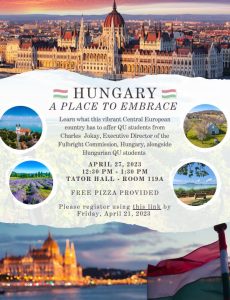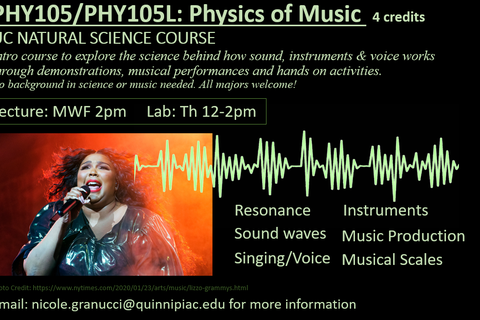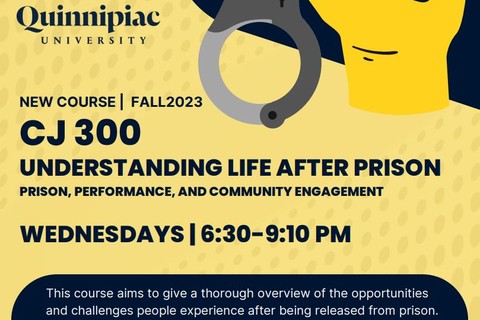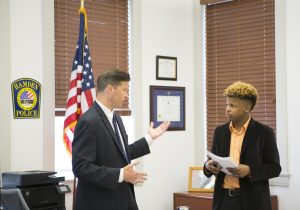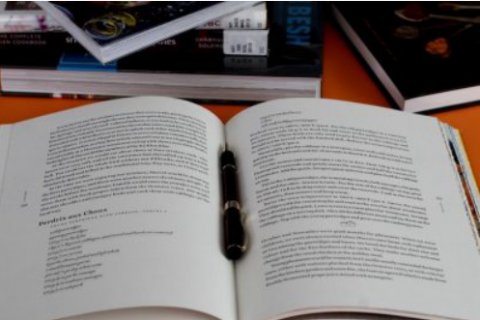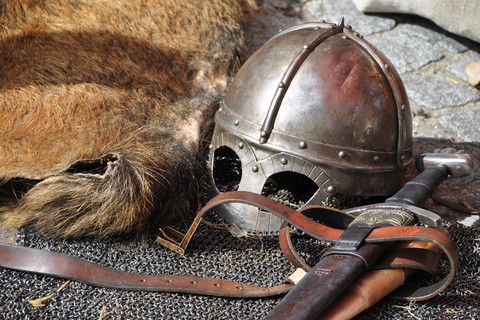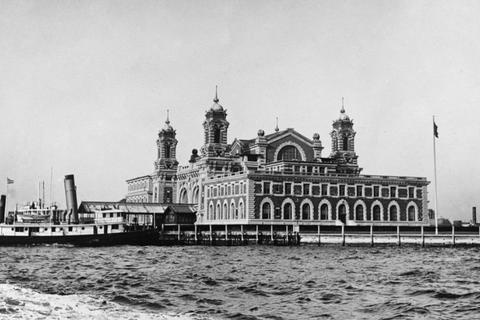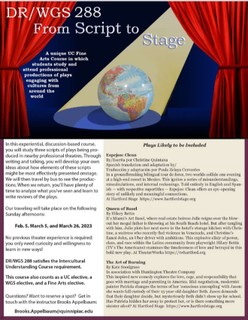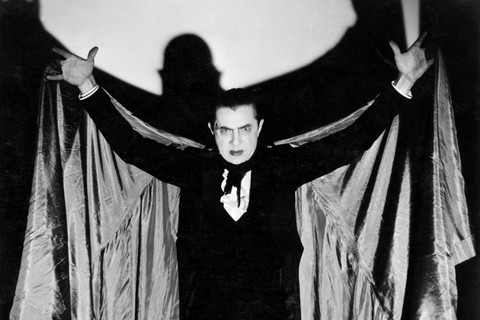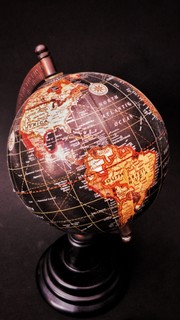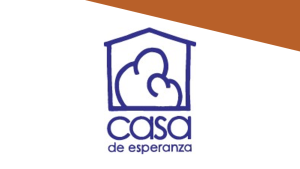If you are thinking about studying English, then you’ve already had an encounter with literature. Maybe it was a novel grown creased and dog-eared, a poem painted in highlights, or the pulse stirring experience of your own creativity. You’ve read the story, felt with the characters, mulled over the words that won’t leave you alone. Literature has meant something to you.
In the Quinnipiac English department, we share these literary encounters every day. We study literary history: knightly romances, plays performed for paupers and kings, fiction that riveted entire nations. We also study the world: American slave narratives, Caribbean poems, South Asian novels, or the tales of immigrants crossing the globe. We read the ancient and the contemporary in their many forms—fiction, poems, and plays, but sometimes audio narratives, comics, and films. Literature is vast in scope, so we must be as well.
For all that, the power of English is not just what we have read, but what we can make. We write creatively; we write analytically; we write rhetorically. We generate, discover, and see anew; we bring language into focus, order, harmony. We share what we have written, edit the work of others, present publicly, and build community.
As you will see again and again in our courses, people need words. We can’t get through the day without them. The study of literature and the practice of writing gives you the power to meet that need, a power that is cultural, creative, and economic.
Explore below to learn more and, please, feel free to contact our chair, Prof. Smith, if we can be of help.
-
Major & Minor Requirements
-
Research & Experiential Learning
In our department, you will write for professors, for peers, and for the community at large. Your work will be analytical and creative, sliding between genres and audiences and occasions. As you write, your prose will become finer, more communicative, more responsive, more professional.
You will only appreciate the value of your writing, though, when you experience it in the world beyond Quinnipiac. Write for an internship. Write for a non-profit. Volunteer to write. Submit your creative writing to a magazine. The possibilities are endless because the need for language is endless.
-
Explore Your Future
It is reassuring, of course, to have a major that is also a job description. It’s true that, unlike “Accounting,” “English” doesn’t tell you what you’ll be doing after graduation. That doesn’t mean English majors don’t get jobs: it means that English majors are flexible, ready to make the most of opportunities, and prepared for changing workplaces in which writing and critical thinking skills will always be necessary for success. Explore our “What Can I Do With This Major?” tool to get some initial ideas of potential paths.
In a typical year, nearly 100% of our graduates are employed in career oriented positions or headed to graduate programs within 6 months of graduation. Recent graduates have gone on to jobs in education, consulting, marketing, publishing, human resources, entertainment, law, and healthcare, and into graduate programs for advanced degrees in education, social work, law, and communications.


